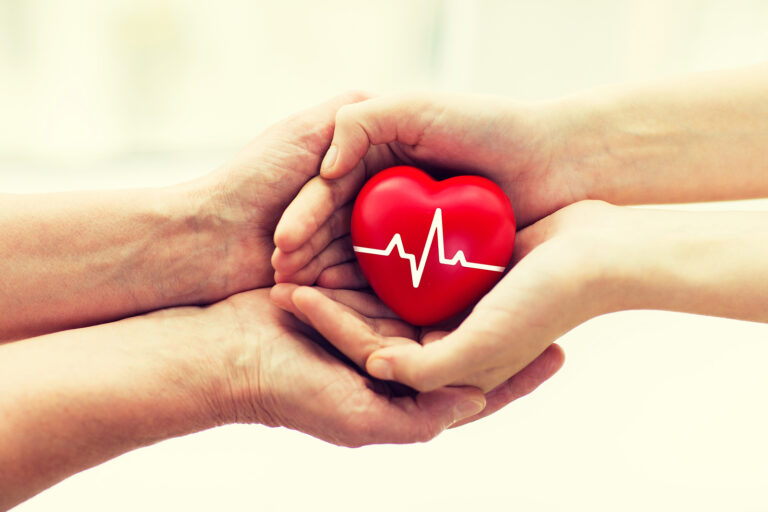A heart attack is one of the most common medical emergencies in the United States, affecting more than one million Americans every year. In fact, according to the American Heart Association, every 34 seconds, someone dies from heart and blood vessel diseases, with most of the cases being coronary heart disease. This is why it’s so important to keep your heart healthy by eating a nutritious diet, getting regular exercise and a good night’s sleep, quitting bad habits like smoking or excessive drinking, and keeping your stress levels down.
What is a Heart Attack?
Everyone knows the term “heart attack,” but what actually happens during one? A heart attack occurs when a loss of the blood supply causes the death of a segment of heart muscle, resulting in permanent damage. This loss of blood is usually caused by a blockage like a blood clot from a condition like coronary artery disease.
It’s important to know what the common signs of a heart attack are, too, so you can recognize when you or a loved one may be experiencing one. The top heart attack symptoms include:
- Chest pain. If you’re feeling tightness, squeezing or uncomfortable pressure in your chest, this is one of the most common signs of a heart attack. You may feel it in the center of your chest for a few minutes, or it may ease up only to return later.
- Discomfort in other parts of the body. The pain from a heart attack can spread to other areas of the upper body, like the jaw or head, or down your back or arms. This type of pain can even occur without the accompanying telltale chest pain.
- Shortness of breath. During a heart attack, it often becomes difficult to breathe easily. You might feel like you’re gasping for breath or feeling short of breath, which is medically known as dyspnea.
- Nausea or lightheadedness. A less common heart attack symptom is feeling nauseous or vomiting, or feeling like you have a bad case of indigestion. These symptoms are more common in women. You might also become lightheaded or break out in a sweat for no apparent reason.
How to Recover from a Heart Attack Successfully
The good news is that according to the American Health Association, many people do survive their first heart attack and can return to their normal lifestyles. However, it will be very important to take a look at that lifestyle and make some necessary adjustments to ensure you can continue to enjoy a high quality of life.
Your doctor will advise you about how much rest you will need when you return home, as well as recommend the right medications to keep your heart healthy. While getting adequate rest is important, it’s also vital that you start to make physical activity and other healthy lifestyle choices part of your regular routine. In most cases, you can expect to return to your normal activities, including going back to work, anywhere from two weeks to three months.
After a heart attack, it’s common to feel slightly overwhelmed and worried about getting back to your regular life. Many people experience a wide range of emotions following their heart attack, including denial, anger, fear and depression. These are normal reactions, but it’s important to discuss these feelings with your doctor. Keeping a positive attitude toward your heart attack recovery, as well as learning about and making healthy lifestyle changes you need to make, will be key in a successful recovery period.
American Senior Communities offers a variety of senior healthcare services throughout our locations in Indiana. Contact us today to request more information.




